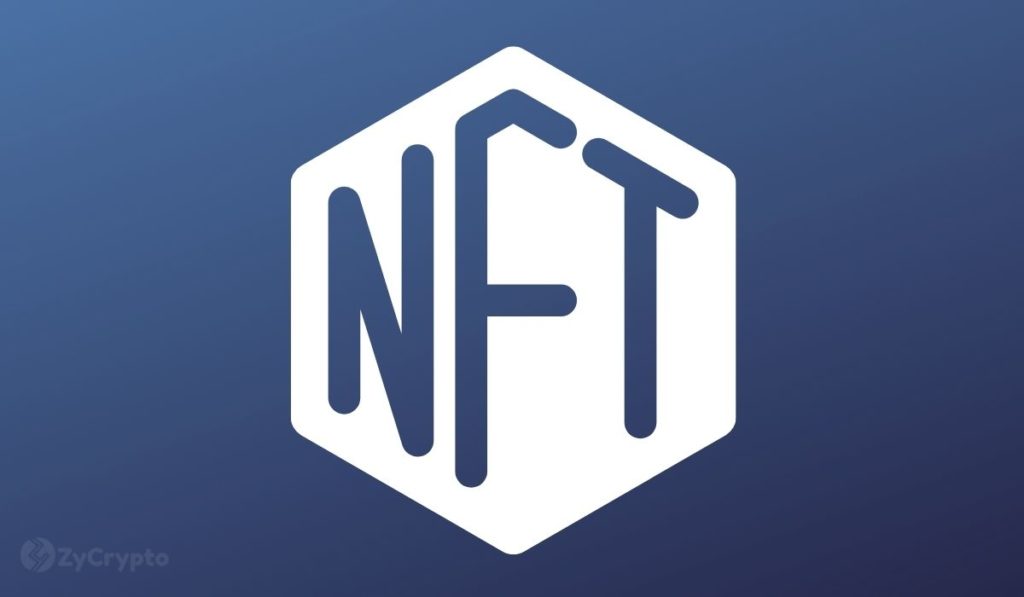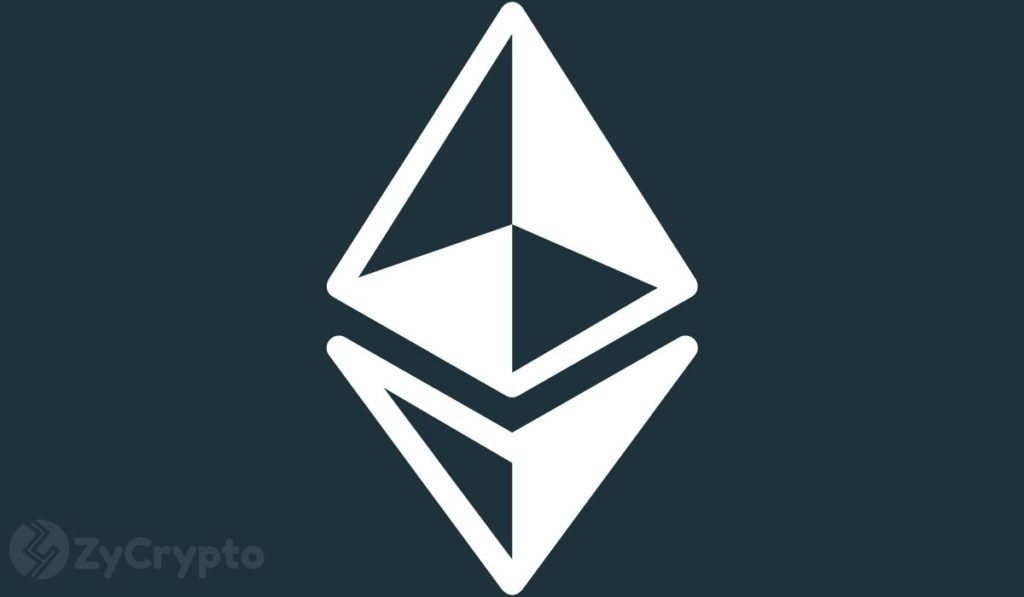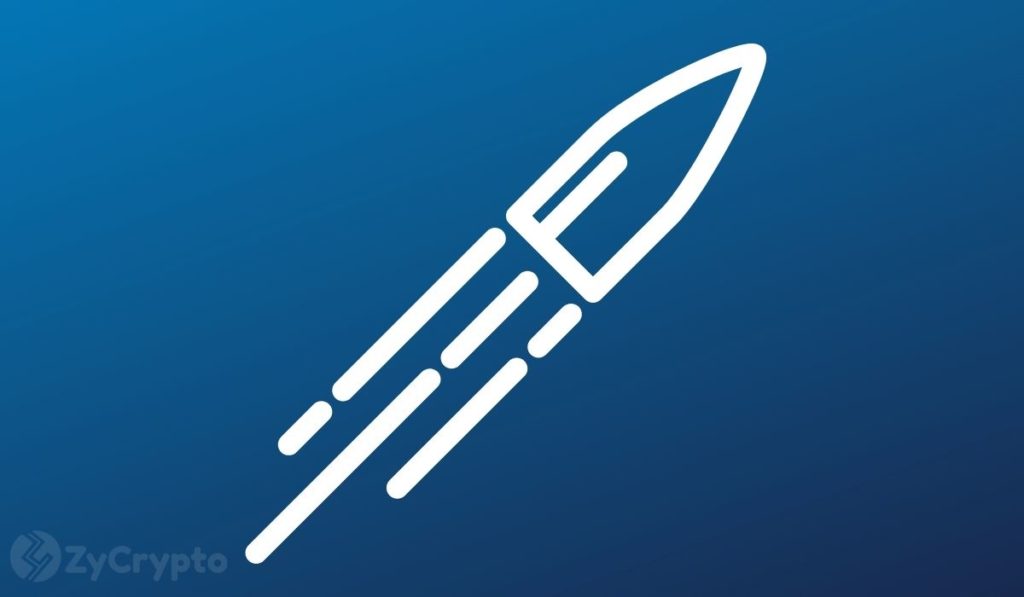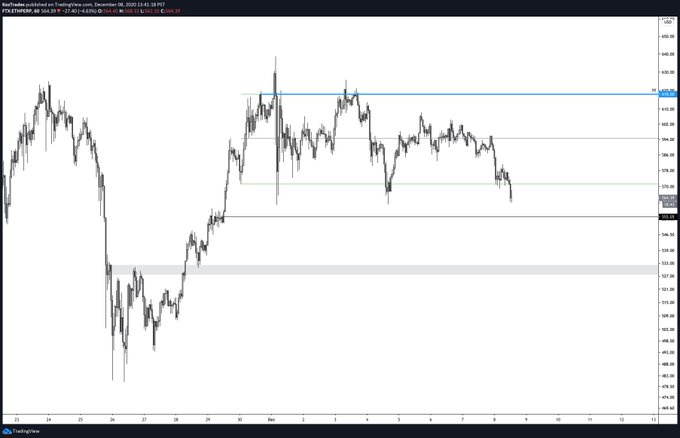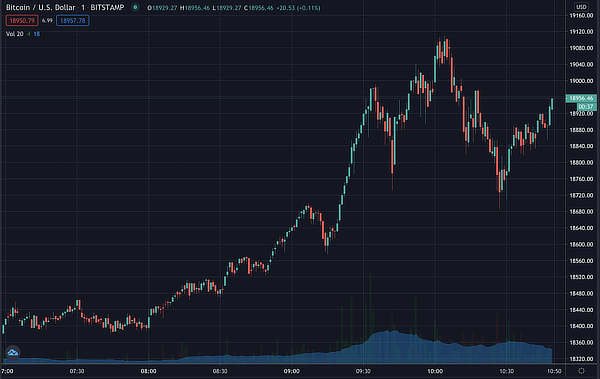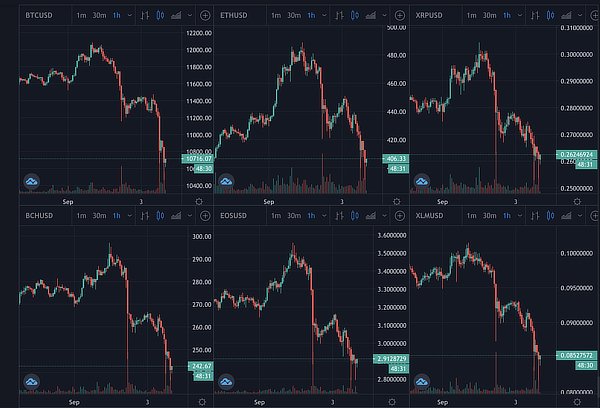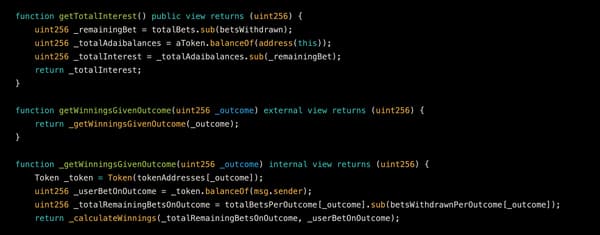
2022-1-12 21:12 |
Ethereum seems to be losing grip over its own scaling rollups after it emerged that most Polygon users are transacting independently from the Ethereum Network using Ethereum Virtual Machine (EVM) compatible DeFi.
The Great MigrationAccording to Lark Davis, founder of the Wealth Mastery Investor Report, “85% of Matic’s 130 million user accounts have no corresponding activity on the same Ethereum address.” This means that “Polygon has onboarded 110 million addresses directly to EVM compatible defi, nfts, and gaming using the bait of dirt-cheap fees and allowing users to skip ETH,” he says.
With Ethereum still grappling with high gas fees among other inhibitions, developers building DApps on the network are finding ways to circumvent these setbacks, stoking the interest of users in layer 2 scaling solutions.
“Developing on Polygon (Matic) is extremely easy as an Ethereum Dev. The EVM protocol is really the same. You use standard Solidity, Metamask, and all of the normal tools you are used to using. You can even bridge assets from Mainnet to the L2 network.” Says Infernotoast, a Punk NFT developer.
Famously known as “Ethereum’s internet of blockchains” Polygon’s triumph at side-stepping Ethereum’s snags is underpinned by its inbuild SDK, a modular flexible framework that supports building multiple types of applications. This functionality helps developers create optimistic rollups stand-alone chains, (Zero-Knowledge)ZK rollups, or any other extension on the network, making it remarkably independent from its host.
In November 2021, Polygon debuted the Polygon Miden, a new Stark-only EVM compatible roll-up to enhance security and scalability on the network. The Miden rollup is built to help users verify the execution of various programs without the need to re-execute or verify what that program was. This thus boosts transactional anonymity and security, allowing MATIC users to bypass various checks transacting between L2 platforms.
Miden “Too Juicy” to IgnoreThat said, the fruits of the EVM compatible ZK-rollup have indeed started showing, bringing Polygon closer to its objective of onboarding one billion users. In the recent past, the percentage of supply in smart contracts surged to an all-time high. Firms such as Ernst & Young (EY) are also collaborating with Polygon to scale Ethereum based products using the privacy focussed Nightfall rollup.
Polygon Promising Future
With the roll-out of ZK rollups, Polygon has also witnessed a surge in the number of active users even exceeding those of Ethereum in October last year. Currently, Polygon is onboarding roughly 270,000 daily active users compared to Solana’s 180,000.
Built to sync with other interfaces on the Ethereum network, Defi users, NFT, and gaming developers continue to get attracted to Polygon’s interoperable features which enable them not only to transact at low costs but also build inexpensively on Polygon.
Similar to Notcoin - Blum - Airdrops In 2024
Ethereum (ETH) на Currencies.ru
|
|

